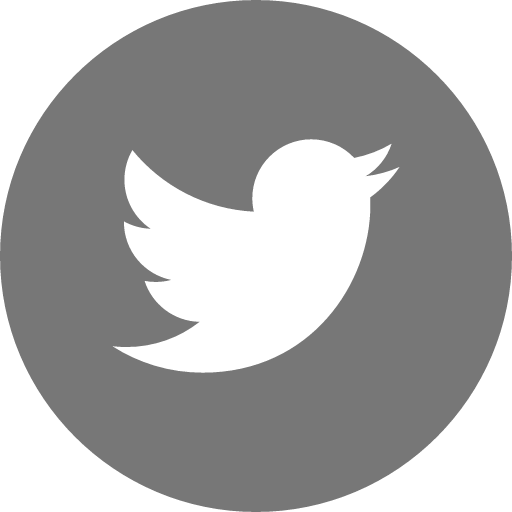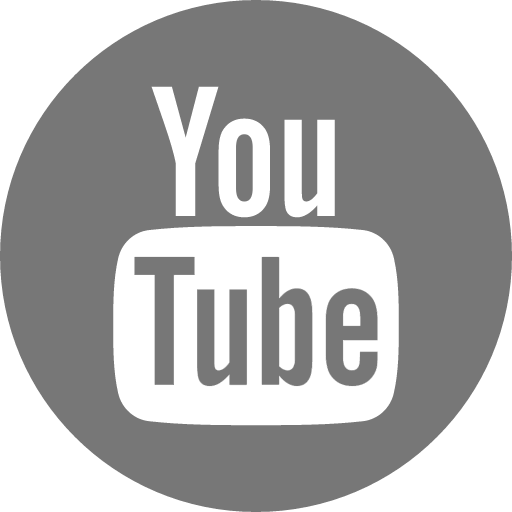Interview in Ever Manifesto
/Recently I was profiled by Ever Manifesto, distributed in H&M stores.
The Bigger Picture: Daniel Pinchbeck
by Xerxes Cook
An American philosopher and author who believes the economic systems humanity has created have the potential to act as remedies to the environmental chaos our planet is witnessing today, here, Daniel Pinchbeck discusses ideas of corporate alchemy and whether the ecological crisis is an initiatory process that will lead to the next stage of human evolution.
It’s been seven years since you wrote 2012: The Return of Quetzalcoatl, in which you concluded that the end of the Mayan calendar would mark a period of transition from “ego-based materialism, alienation and individuation” towards the next stage of human evolution which recognises the inter-connected nature of life… Please could you tell us how these ideas have developed in the book you are working on now?
In my new book Metamorphosis: A New Operating System for Human Society, I am thinking about the process of how we move from our current civilisation, based on hierarchy and ecological decimation, to a new social operating system based on mutual aid, with an integrated world view. One of the big inspirations is Buckminster Fuller’s work. In Utopia or Oblivion, Fuller argued that humanity has a choice: either we construct a situation where we maximise our efficient use of resources, and redesign our socio-technical industrial systems to support and educate everybody to become comprehensively successful as a species. Or we will fail together and annihilate ourselves. And I think if we look at what’s happening with the ecological crisis, Fuller’s ideas make sense. My view is that the ecological crisis is potentially an initiatory process for humanity, that’s going to force us to awake to our inherent solidarity as a species, and shift from our sense of separate identities to being aware of ourselves as constituting a planetary super organism that is in a symbiotic relationship with the planetary ecology as a whole.
My question is, can you do alchemy on the Corporations to turn them from poisons into medicines?
If cash rules everything around us, how can we redesign the financial systems we’ve created?
Corporate alchemy. It is this idea drawn from the alchemical principle that poisons can be medicines if taken at the right dose, and that the more powerful a poison is, the stronger a medicine it might be. So if corporations at the moment are extremely disruptive and often have a negative impact on the planet, it is because they are so powerful, because they are such incredible machines for taking ideas, energy and information and manifesting them. So my question is, can you do alchemy on the corporations to turn them from poisons into medicines?
My view is that the ecological crisis is potentially an initiatory process for humanity, that’s going to force us to awake to our inherent solidarity as a species, and shift from our sense of separate identities to being aware of ourselves as constituting a planetary super organism that is in a symbiotic relationship with the planetary ecology as a whole.
So it’s not the fault of corporations, but that they have been geared towards operating in a system which rewards the maximum return of profits above all else?
Exactly. That’s the problem — as much as we see efforts from corporations to become more sustainable and more mindful, if they’re publicly traded, they’re still locked into the system where they ultimately have to maximise shareholder value. We can look at the corporation as an artificial life form, that we have constructed out of legal code, ideas, brand logos and so on; and we have injected that artificial life form into a game, the stock market. And the problem with the game of the stock market is that it has only one way to win, which is to maximise pure monetary profit for shareholders. Ultimately we require a fundamental restructuring of the financial system to launch a regenerative planetary culture.
Can we consider the emergence of the sharing economy as capitalism at its finest — a group of people exercising their free will to do what they think is best for them, which is to collectively share their resources?
I think, with the sharing economy you’re seeing the beginning of this transformation, where you can utilise the tools of the system we’ve constructed and build a new system from within it, that rewards different behaviour patterns and values. The trend away from ownership is a big piece of that.
What does conscious consumerism mean to you — is self-sacrifice inherent to conscious consumerism?
I believe that people must understand that we’re in a planetary emergency, and there is an alternative — it’s just a fairly radical one. They’re going to want to commit themselves to bringing about the level of transformation that’s necessary. In the interim, we can think about things like conscious consumerism. Ultimately, we can transition to Cradle to Cradle practices, redesigning the industrial manufacturing system so that everything we make is powered by renewables, and feeds back productively and beneficially to the ecosystem. If we reach that point, everybody could consume all they want.
Can we consider businesses to be natural creations of Gaia — the idea that all living and non-living components on Earth work together to promote life?
If we take this idea that humanity constitutes a planetary super-organism in a symbiotic relationship with the whole Earth as a system, then we can consider this organism to have a body, and ask, what are the organs of that body? If you think about it, the organs of that body are corporations. For instance, energy companies are like the blood, sanitation companies are the liver and kidneys, the media companies are like the perceptual mechanisms and cognitive functions and so on.
If Walmart became cooperatively owned by its workers and stakeholders, grew organic food on its rooftop gardens, developed on-site manufacturing using non-destructive materials powered by renewable energy, offered continuing education and childcare for all of its workers, I might buy stock.
GAIA THEORY
Much of Daniel Pinchbeck’s philosophy of the ecological crisis being an initiatory process for humanity — a rite of passage we must endure in order to “awaken our inherent solidarity as a species” — is based on James Lovelock and Lynn Margolis’ Gaia hypothesis. First posited in the late 1960s, the theory proposes that living organisms and their inorganic surroundings have evolved together as a single living system that greatly affects the chemistry and conditions of the Earth’s surface, ranging from global temperature and atmospheric content to ocean salinity, in a quasi-automatic, self-regulating manner as if the Earth were a living organism itself. gaiatheory.org
Now if you look at the process of evolution, it goes through stages; immature ecosystems are characterised by aggression and competition. But as ecosystems mature, they are much more marked by symbiosis, cooperation and mutual aid. An example of this is our own bodies, which are made of trillions and trillions of cells and micro-organisms, that were once competing for resources, that somehow through a series of crises figured out how to work together and create organs, blood, bones and so on, and weave themselves into a body to maximise their own potential for success.
But obviously, to get from competition to cooperation will require a fundamental redesign of our economic system. And I think that’s going to be necessary at some point. In the near term, if we look at a process that’s been going on for quite a while now, there’s a counterculture which constructs narratives, images, means of revolution, transformation, sexual liberation, magic and so on. The energy of the counterculture often gets co-opted, corrupted, and used by the corporate system to sell stuff. In the future I believe we will see a creative synthesis, where the counterculture that seeks human liberation melds with the corporate infrastructure to bring about a transformation of our world from within.
In the future I believe we will see a creative synthesis, where the counterculture that seeks human liberation melds with the corporate infrastructure to bring about a transformation of our world from within.
So is it a situation where to be simply against something is not useful — that you need to be able to state your desired alternative?
Rather than boycotting companies you disagree with, to work in collaboration with them to show the ways forward? We have to think in terms of transitional strategies and ultimate goals. I think that corporations are going to be hamstrung, if they are publicly traded, by the need to maximise shareholder value. Still, in the interim, if a Coke or a Walmart transitions to a certain level of sustainability, it has a big impact on the planet. Down the line, if Walmart became cooperatively owned by its workers and stakeholders, grew organic food on its rooftop gardens, developed on-site manufacturing using non-destructive materials powered by renewable energy, offered continuing education and childcare for all of its workers, I might buy stock.
To contribute to Daniel’s crowdfunding campaign to publish Metamorphosis: A New Operating System for Human Society, visit danielpinchbeck.net.
Apr 25th, 2014







